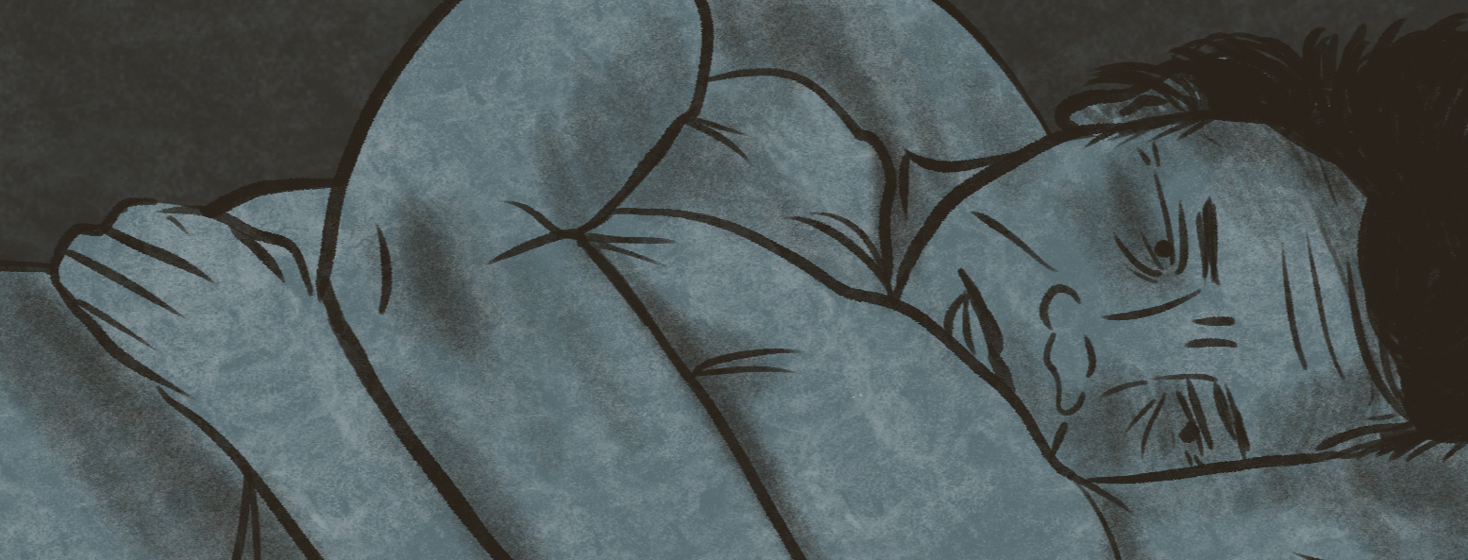When Depression Needs a Nap, Insomnia Lays Awake at Night
I have lived with depression for all of my adult life. There have been seasons in which it simply has been a bystander, managed well by medication and watching me from a perch inside my mind. There have also been seasons in which depression is loud, standing beside me and yelling continuously until I give it the attention it so desperately needs.
Managing depression impacts insomnia
I've been managing the latter for a while now. My depression has been heavy, a burden I carry with me wherever I go. One I try to be kind to, but have only received the cold shoulder from it in return.
These last few months, my depression has impacted every aspect of my being – my thinking, my creativity, my focus, my energy, and most importantly, my sleep.
Needing a nap but unable to sleep
My depression convinces me that I must have a nap in the early afternoon. Sometimes, it's because things feel too heavy to bear. Sometimes, it's because the exhaustion of sparring with my depression has left me completely empty, and if I don't rest there's simply no way to recharge.
These afternoon naps, they're not easily attainable. They usually start with my getting into my pajamas, turning on my electric blanket, choosing a meditation to listen to on my phone, and putting on my eye mask. But no matter how curled up I get, no matter how much I try to relax my mind, and no matter how dang tired I am, I can't fall asleep. My brain is too active: the thoughts racing; the defenses against depression; the judgment about how I'm allowing it to impact every part of my life.
Struggling to balance naps and depression
Sometimes, I get lucky. After 30 minutes or an hour, I fall asleep. Sometimes I sleep for 20 minutes. Other times, I sleep for 2 hours. It doesn't really matter, to be honest. When I wake up I feel both groggy and un-rested – both totally unideal to resuming any sort of afternoon or evening. Depression and naps impact my sleep. I almost never want to get out of bed, feeling unsettled and frustrated – like my own brain is the enemy of my body and my routine.
Other times, I get up, agonizing over how I need to sleep but I can't, and I down some caffeine and try to function through the rest of the day.
Any amount of napping changes my bedtime
Regardless of whether I sleep or not, the act of trying to sleep itself has changed the way bedtime works for me.
Lately, I find myself struggling to fall asleep at night, watching the clock continuously get later and listening to the war going on in my head. On the days I do sleep, I find that it takes me significantly longer to lull myself into evening dreamland, and getting there requires much more work and careful dedication than usual.
Feeling jealous and rage
This fact on its own should be enough for me to fight the need for an afternoon nap, and yet, it hasn't been. I guess in some ways it fulfills the prophecy depression tells me that this body is broken and that no matter what I do, it's not enough to fix it.
This narrative has taken hold of me lately, and I've spent a lot of time thinking about the chronic conditions I live with, including insomnia. I think about the way other people just lay down and fall asleep, and my jealousy has at times become raging.
It's so unfair. How is it so easy for some people? Isn't sleep a thing my body should know how to do?
Hoping for a normal bedtime
I have hope that my depression will go back to being a bystander soon, and that my afternoon naps will cease and my evening sleep will resume a more "normal" pattern, but who knows, really?
If you struggle with depression, has any of this felt familiar to you?
How do depression and naps impact your sleep? Please share a comment.

Join the conversation